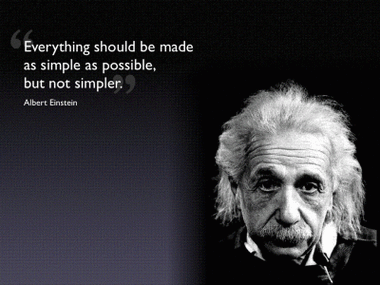Scientific research data

Even if science has to be open to new perspectives, sometimes it is closed. The world of scientists is also made by power, traditional, money, ideological and political forces. Someone supposes to already know the most important things about human mind and body.
Someone else is less sure about it. Many mistakes have been done, many other will be done. Some data are formally very good but poor of new contents. Some new contents and hypotheses are very poor of good data.
As Albert Einstein said: "It is harder to crack prejudice than an atom.”
Reflexology: an update of a systematic review
of randomised clinical trials
Reflexology is a popular form of complementary and alternative medicine (CAM). The aim of this update is to critically evaluate the evidence for or against the effectiveness of reflexology in patients with any type of medical condition. Six electronic databases were searched to identify all relevant randomised clinical trials (RCTs). Their methodological quality was assessed independently by the two reviewers using the Jadad score. Overall, 23 studies met all inclusion criteria. They related to a wide range of medical conditions. The methodological quality of the RCTs was often poor. Nine high quality RCTs generated negative findings; and five generated positive findings. Eight RCTs suggested that reflexology is effective for the following conditions: diabetes, premenstrual syndrome, cancer patients, multiple sclerosis, symptomatic idiopathic detrusor over-activity and dementia yet important caveats remain. It is concluded that the best clinical evidence does not demonstrate convincingly reflexology to be an effective treatment for any medical condition.
Reference:
Maturitas, 2011 Feb;68(2):116-20
Reference:
Maturitas, 2011 Feb;68(2):116-20
Research data
Bibliographies
(under construction for updating)
|
COPYRIGHT by Dr. A. Virgili ReflexologyStudio - All rights reserved
